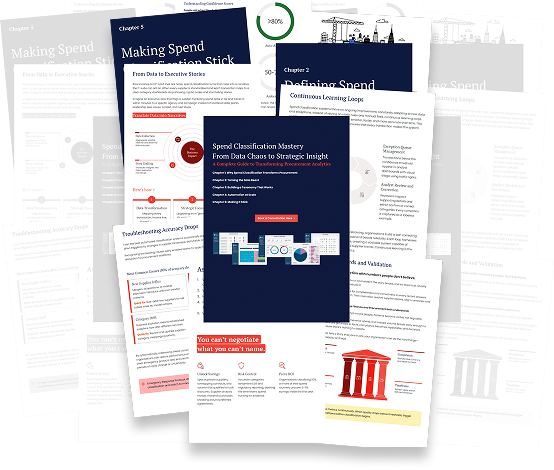A legal doctrine that may be used in some situations to prevent a company from relying on certain rights or facts that are different from an earlier set of facts. For example, a buyer indicates verbally to a supplier that a tender from the supplier was likely to be approved by managers in the buyer’s organisation, and that a contract would soon be provided. On that basis, being aware that there was a need to supply the works by a specific date, the supplier commences work in advance of receiving a Letter of Intent or any other formal contractual notification. The buyer’s organisation subsequently decides not to enter into a contract with the supplier, but fails to advise them of this decision. The buyer would be ‘estopped’ from declining to pay for the work already completed on the grounds that no contract has ever been agreed by the two parties. The buyer’s organisation had an obligation to let the supplier know that a contract would not be forthcoming as soon as it was aware that one was not likely to be signed. Knowingly allowing another party to act to their detriment based on assumptions that the buyer knows are not valid can cause the buyer’s organisation to be estopped from reneging on the implicit promise made to enter into a contract. See also Letter of Intent.
« Back to Glossary IndexEstoppel
Discover the world’s largest Glossary of Procurement terms
With over 800 Procurement specific terms (and growing) you will find everything you need to know or thought you knew about the Procurement function. Our aim is to provide you with a comprehensive list collated from the Comprara Groups hub of training and procurement consulting source materials.The Procurement Glossary has been compiled by industry expert Paul Rogers.










